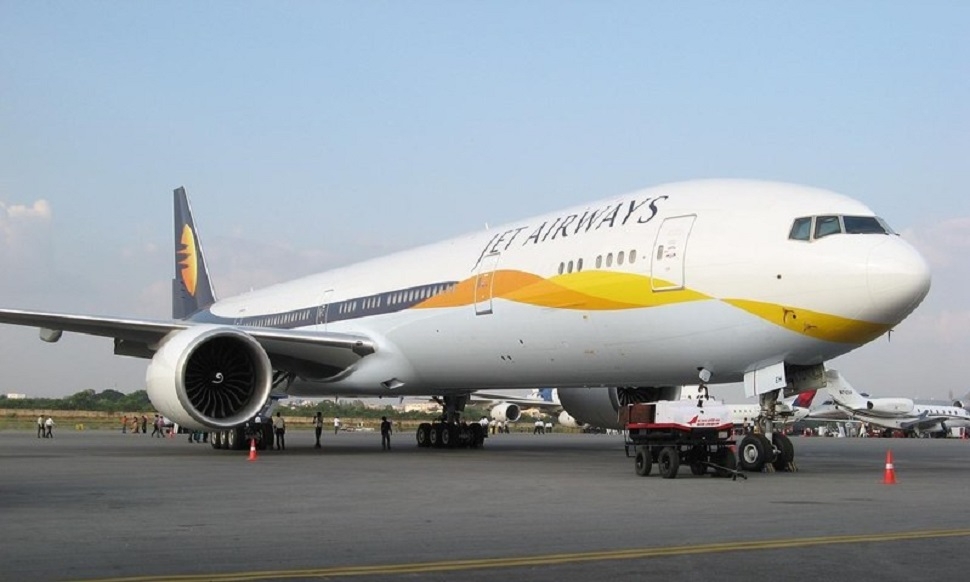UNFORTUNATE
| Date :19-Apr-2019 |

THE grounding of all Jet Airways operations, howsoever described as temporary, is a serious development that cries for national attention and subsequent action without which domestic aviation sector may suffer terrible blows in coming years. The closure of the premium airline in private sector, thus, cannot be taken as a usual development in the commercial world since the company had achieved a critical mass in serving air commuters across the country and outside.
By no standard can this event be brushed aside only as a case of failed financial management. The company that was being considered the flagship of private sector aviation cannot be treated at par with other companies that may go belly up for reasons of relatively lesser consequences. The fact that the bankers refused to grant Jet Airways with a small amount of Rs. 400 crore as a lifeline, does not argue well for itself against the size and scale of stakes of involved. On one hand, this may mean that the airline had crossed all reasonable limits of borrowing and that not a rupee could be lent to it as a bailout package.
On the other hand, this messed up metaphor may even mean that no systematic attempts were made by the banks and other financial institutions or the Government to help the management get past the obstacles caused due to factors beyond its control. This is not something that can pass as a commonplace occurrence in commercial sector. The detail that Jet Airways, thus, has become the country’s seventh private airline to close shop in less than five years should act as a terrible wake up call for the nation’s economic planners and managers. For, the development suggests that something is very seriously wrong with the economic regulations system in the country. When an entire sector starts suffering the way the private aviation industry is doing, it is time for the national planners to initiate a serious rethink of their policies and approaches. In the light of a near-sudden collapse of Jet Airways, the statement of Kingfisher Airline founder Vijay Mallya also cries for attention.
He has accused the Government of bailing out Air India but not willing to offer critical help to private players in the aviation sector. He might have been declared an offender, therefore his statements may not have the authenticity and legality of others’ statements. Yet, he has pointed to the factual situation that the banking sector has behaved erratically over time to treat many companies in a discriminatory manner. Let us not ignore another factual dimension of the situation, of course. Tightening up of the banking norms following popping up of massive non-performing assets (NPAs) in the past some time, may have their own reasons to exist. Yet, that does not lend any justification to collapse of seven private airlines in just five years. This tantamounts to crippling of one sector of the economy for which many factors, including management failures of individual companies, could be responsible. Despite this, it is the need of the time that the Government sat up and sought workable and reasonable solutions to the vexed issues confronting the civil aviation sector.
Currently, the national economy is certainly in a position to offer reasonable bailout deal to the private sector aviation industry. For, if such an omnibus bailout is not offered, the entire sector may get affected adversely in some time since most external dimensions of the situation would apply evenly for all other aviation companies, barring their individual faults and defaults. The manner in which Jet Airways collapsed does not promise an all-by-itself revival of the company’s fortunes. If the company is to be really helped, then a well-drawn programme needs to be implemented. That may as well act as a test case for the airline industry as a whole. This role should belong to the Government as part of its larger responsibility towards the economy.